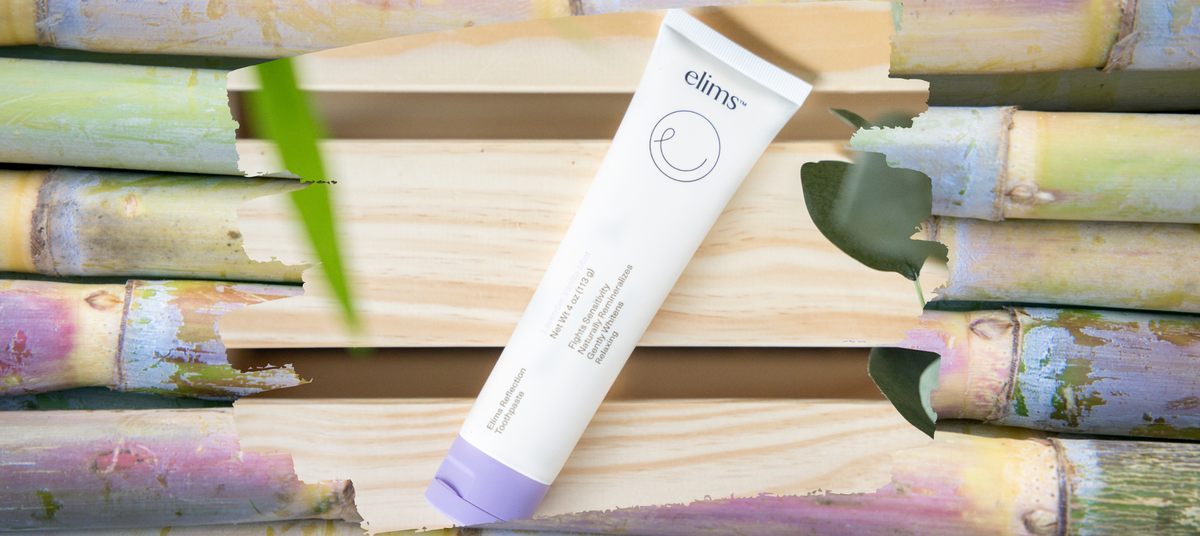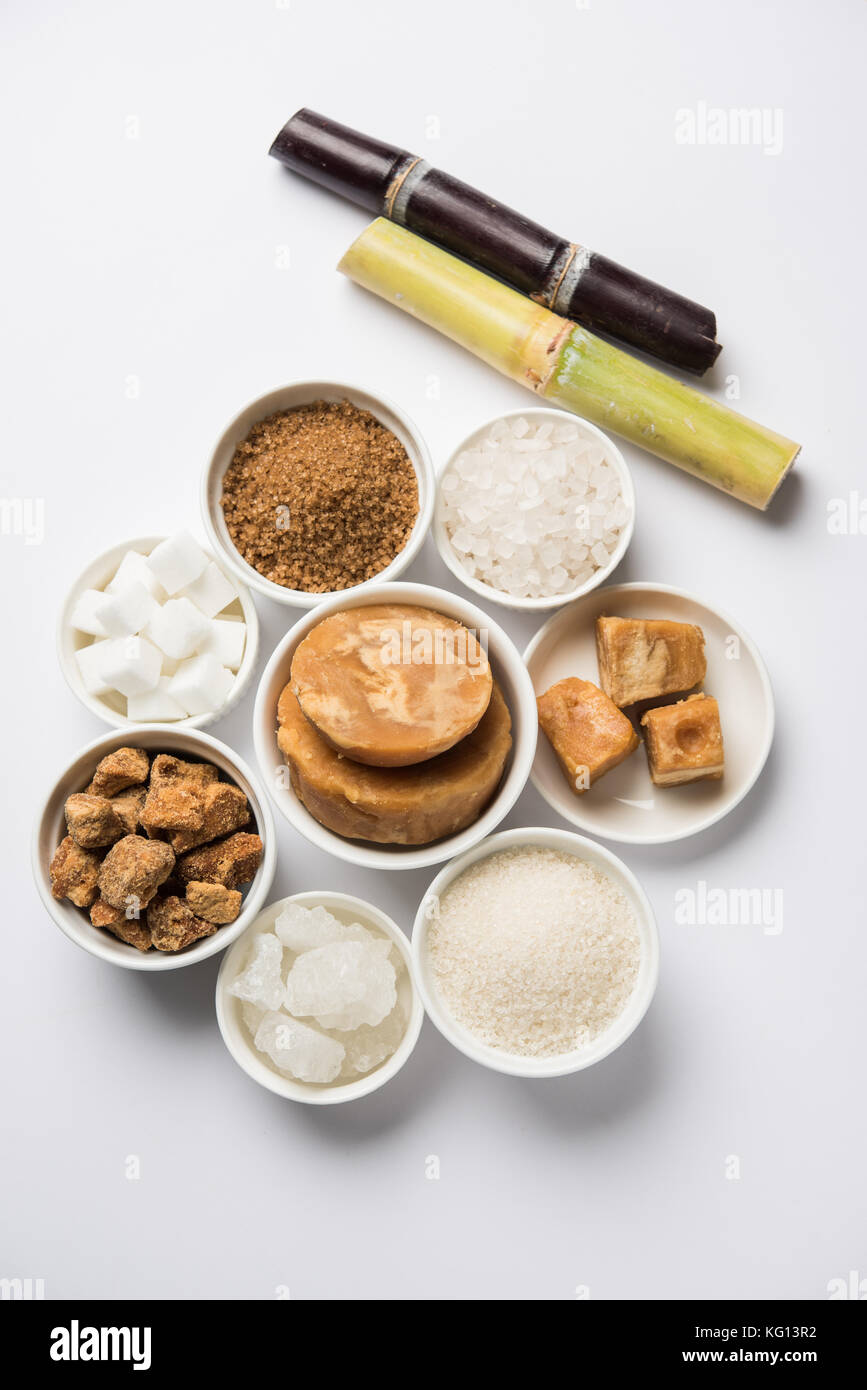Checking Out Sugarcane Products: Versatile Benefits and uses
The exploration of sugarcane products reveals a remarkable selection of applications that extend well beyond the familiar realm of sweeteners. As we examine the complex payments of sugarcane, one might ask yourself exactly how these diverse uses can improve markets and way of livings in a swiftly evolving globe.
Introduction of Sugarcane
Although sugarcane is usually connected primarily with sugar manufacturing, it is a versatile plant with a rich history and various applications. Grown in subtropical and exotic regions, sugarcane flourishes in warm climates and well-drained soils, adding dramatically to lots of economic situations worldwide. This perennial turf, belonging to the genus Saccharum, can grow to heights of as much as 4 meters, showcasing its robust nature.
Past its primary duty in sugar extraction, sugarcane acts as a crucial resource for different byproducts. The fibrous residue, known as bagasse, is used for producing bioenergy and as a resources for manufacturing paper and biodegradable items. Additionally, molasses, a spin-off of sugar refining, is rich in nutrients and frequently used in animal feed and fermentation procedures.
Sugarcane additionally plays a considerable function in standard medicines and social techniques in several regions, illustrating its relevance past industrial use (sugarcane product). With the increasing emphasis on sustainable agricultural techniques, sugarcane is being explored for its capacity in biofuels and carbon capture, placing it as a crucial gamer in the transition in the direction of sustainable power resources. Therefore, the convenience of sugarcane prolongs far beyond the boundaries of sugar production
Sugarcane in Food Products


Beyond sweeteners, sugarcane is the resource of energy-rich items such as jaggery and panela, which are standard raw sugars used in many societies. These products not just sweeten foods yet also convey nutritional benefits and distinct tastes.
Sugarcane juice, a rejuvenating drink appreciated in lots of exotic areas, showcases the plant's adaptability. It is typically consumed fresh or fermented into alcohols like rum.
In addition, sugarcane fibers, called bagasse, are often made use of to develop food product packaging products, highlighting the ecological advantages of sugarcane processing. Overall, sugarcane's payment to food products is diverse, improving tastes, offering dietary worth, and playing a considerable function in culinary traditions worldwide.
Industrial Applications of Sugarcane
In numerous markets, the adaptability of sugarcane expands much beyond its cooking applications. Sugarcane functions as an important basic material in the manufacturing of biofuels, especially ethanol, which is increasingly used as a renewable resource source. This biofuel is obtained through fermentation and purification procedures, giving a lasting option to nonrenewable fuel sources and adding to a reduction in greenhouse gas discharges.

Moreover, the sugarcane market has found applications in pharmaceuticals, where its elements are used in the formula of different medical products. The natural substances drawn out from sugarcane display antimicrobial and antioxidant homes, boosting the effectiveness of certain medicines.
Last dig this but not least, sugarcane is essential to the production of a series of chemicals, consisting of glycerol and natural acids, which are crucial for numerous commercial processes. These applications highlight sugarcane's significant role in advertising industrial sustainability and advancement.
Environmental Advantages of Sugarcane
The complex applications of sugarcane not only boost industrial processes but also add substantially to environmental sustainability. As a renewable energy, sugarcane cultivation plays a vital duty in carbon sequestration, taking in substantial amounts of carbon dioxide from the atmosphere. This procedure helps alleviate environment modification by decreasing greenhouse gas concentrations.
Moreover, sugarcane results, such as bagasse and molasses, supply environmentally friendly alternatives to conventional materials. Bagasse, the coarse residue after juice extraction, can be used as a biomass fuel, minimizing reliance on fossil fuels and promoting cleaner power sources. Furthermore, molasses can be changed into bioethanol, further sustaining lasting power campaigns.
Sugarcane farming also advertises biodiversity and dirt health and wellness. Sustainable farming methods, such as intercropping and plant published here rotation, boost dirt fertility and reduce disintegration. The crop's deep origin system aids in water retention, thus enhancing and sustaining neighborhood ecological communities resilience versus dry spell.
Health Advantages of Sugarcane
Rich in essential nutrients and natural sugars, sugarcane uses countless health and wellness advantages that make it a useful addition to a well balanced diet. Its high fiber content aids in digestion, advertising intestine health and wellness and stopping irregular bowel movements. Furthermore, sugarcane is a source of anti-oxidants, which combat oxidative anxiety and might minimize the threat of chronic conditions.
Moreover, sugarcane juice is recognized for its hydrating homes, making it an outstanding beverage selection, especially visit this website in hot environments. The natural sugars existing in sugarcane give a quick power boost, beneficial for professional athletes and those participated in exercises. It also consists of crucial minerals and vitamins, such as vitamin C, potassium, calcium, and magnesium, which add to total wellness.
Research studies suggest that sugarcane might aid regulate blood glucose degrees, making it a more effective sugar for people with diabetes mellitus when eaten in moderation. Its anti-inflammatory properties can sustain liver health and help in detoxification.
Final Thought
In conclusion, sugarcane emerges as a very versatile plant with significant contributions to numerous industries. Its diverse applications in foodstuff, commercial usages, and ecological sustainability underscore its relevance. The by-products of sugarcane, such as bagasse and molasses, help with eco-friendly techniques, while its health advantages improve general health. The complex nature of sugarcane not only supports economic growth however likewise promotes lasting advancement, highlighting its worth in modern culture.
Although sugarcane is typically associated largely with sugar manufacturing, it is a versatile crop with an abundant history and countless applications.Past its primary role in sugar removal, sugarcane offers as an essential resource for different byproducts. Mainly known for generating sugar, sugarcane is transformed into granulated sugar, brownish sugar, and molasses, each offering distinctive culinary objectives.Rich in essential nutrients and all-natural sugars, sugarcane supplies numerous health and wellness advantages that make it a useful addition to a well balanced diet. The all-natural sugars present in sugarcane provide a fast power boost, beneficial for athletes and those engaged in physical tasks.